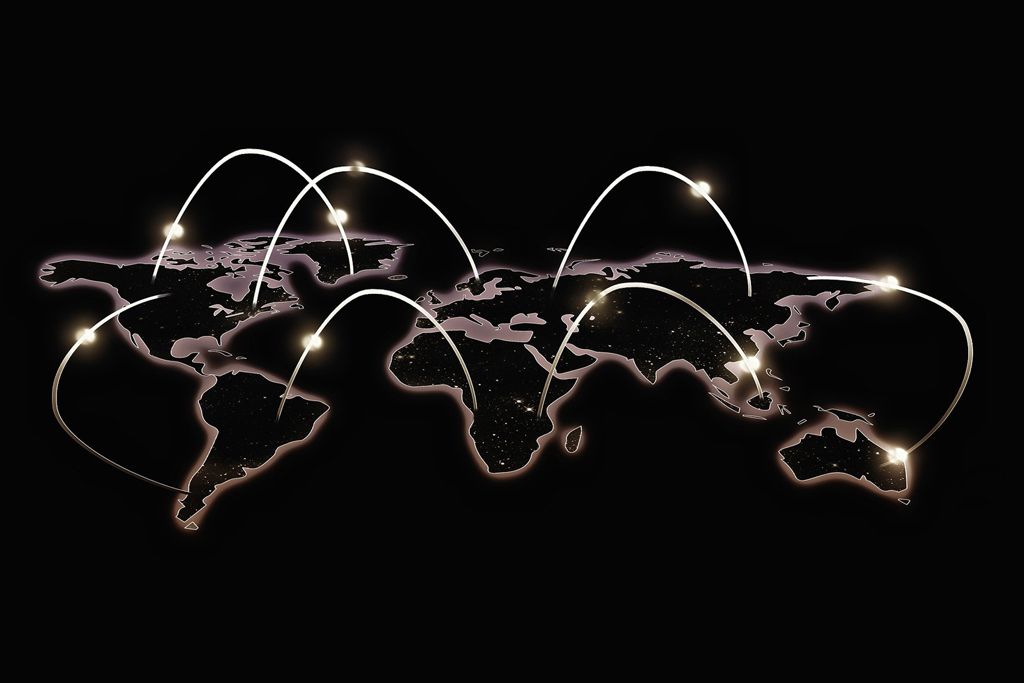
By the time you read this, we will have seen the headlines generated from the recent COP26 climate change summit in Glasgow. It is safe to say that climate change is going to be the challenge of the next few generations.
The UK is playing its part and has done a great deal to reduce its output of CO2. In 2015, we joined with 200 other countries to sign the Paris agreement, committing us to reducing greenhouse gases and adopting a clean energy strategy by 2050. At the same time, we were also introduced to the phrase ‘net zero’
By 2018, UK emissions were down to 57% of their 1990 level and in 2020, our government published its 10 point ‘green industrial revolution’ plan aimed at creating a decarbonised economy by 2050.
With all the announcements in recent months, how will this impact the global supply chain, especially in developing markets such as Southeast Asia, that largely depend on manufacturing for higher value economies?
Kiley Tan, Managing Director of Mosaic International, takes a closer look.
What is the impact of ‘net zero’ on a global supply chain?
Our global economy is now based on a global supply chain of sourcing products at the lowest cost combined with a ‘just in time’ delivery system. However, as we’ve discovered recently, external influences, such as the covid pandemic, labour shortages and delivery disruption can have a massive impact on the reliability of this process.
It is tempting to forego finding suppliers in Southeast Asia or to re-shore production back in the UK or closer to home. However, that is missing the point. Southeast Asia is going to be home to some of the largest economies in the world and the UK government has seen its strategic importance by implementing its Indo-Pacific tilt, AUKUS, applying to join the CPTPP and joining ASEAN as a dialogue partner.
Leaving your presence in the region is simply not the smart choice.
What other options do we have?
Bringing the supply chain closer to home or re-shoring is one suggestion. However, since the 1960’s we have sought to develop a highly efficient and sustainable world-wide supply chain based on sourcing desired products at highly competitive prices.
This, in turn, has enabled developing countries to create a highly skilled workforce, source local raw materials and generate economic growth that has, in most cases, greatly benefitted its citizens. Increasingly, these are countries that we not only buy from but sell to.
Shutting down existing supply chains not only creates economic hardship for suppliers and their staff, but it also creates a competitive vacuum which your competitors will be keen to exploit.
Is there an alternative?
Despite logistical issues, we are still seeing enquiries to source suppliers of various products in the region. Not only are we able to source these suppliers, but we are also able to provide the peace of mind and compliance with an audit of the supplier through one of our ‘in country’ auditors.
Having a locally based supplier auditor offers major advantages, not only does it reduce the impact on climate change, but it avoids relying on time consuming and less robust video conferencing technology.
Having someone on the ground ensures you can respond to changing circumstances, such as competitive actions, transport disruptions, or global pandemics. However, one of the biggest advantages is that they understand the local culture.
This, undoubtedly, gives UK businesses an upper hand when it comes to dealing with local suppliers.
For businesses wanting to ensure that they have the best available information, Mosaic International has created a new locally based supplier audit service that provides UK businesses with their man on the ground to carry out an inspection of the supplier to ensure quality and compliance.
What’s next?
It’s quite clear we ignore ‘net zero’ at our peril. Business profits and our planet’s sustainability are inseparably linked because customers and stakeholders are increasingly wanting businesses to show a visible commitment to the reduction of greenhouse gases.
It’s also going to become difficult to ‘opt out’ and simply bury your head in the sand. All businesses will, at some point, be affected by ‘net zero’. This will include new legislation, increased taxation, and possible financial penalties for those that don’t adopt the process.
This means doing business in such a way that there is no detrimental impact on the planet’s climate change. Adopting a more sustainable way of managing your supply chain is going to be a step in the right direction.
To see how Mosaic International can help broaden your horizons in Southeast Asia, please contact Kiley Tan on 07885 784783 or email kiley.tan@mosaicint.co.uk
